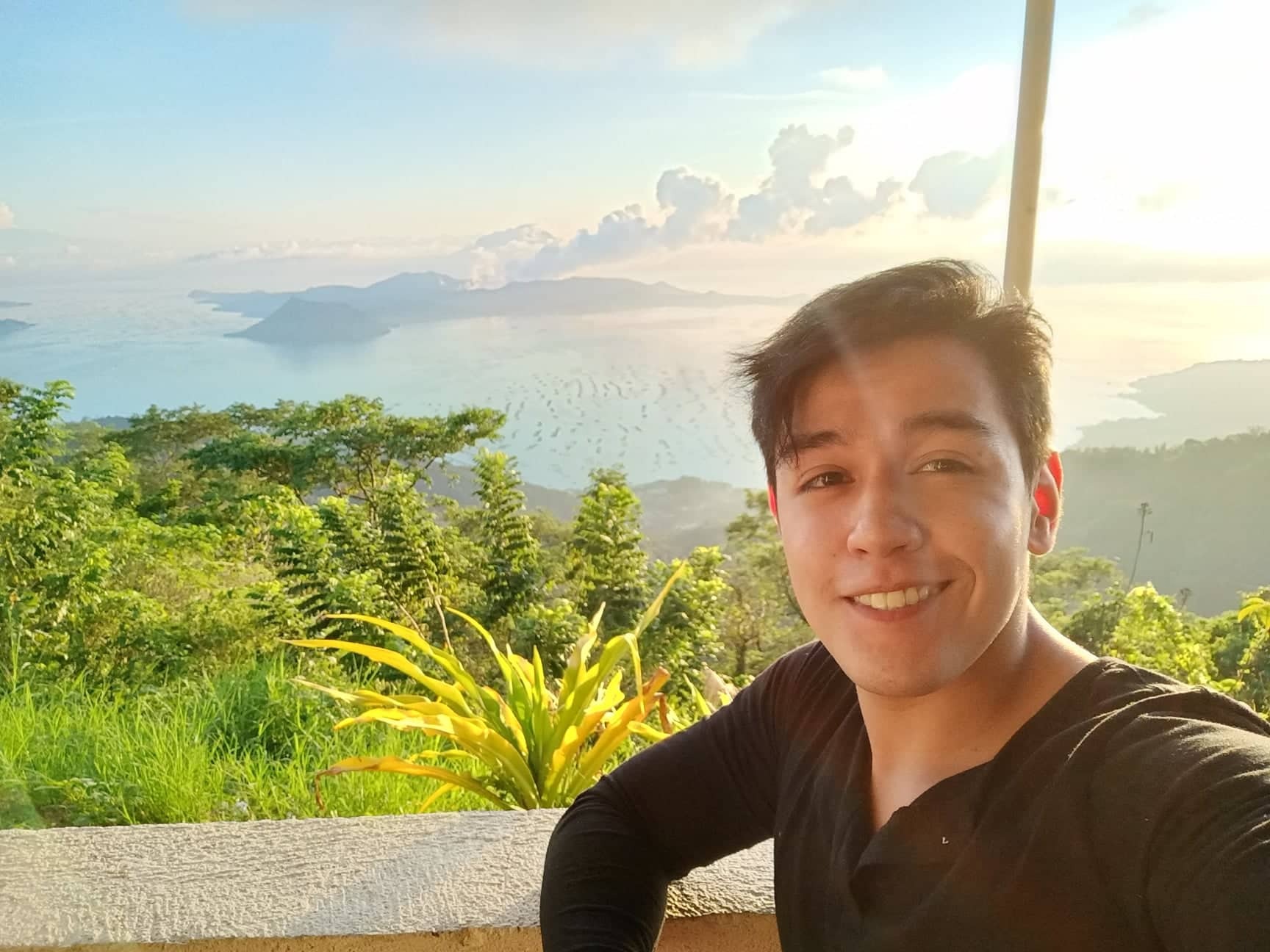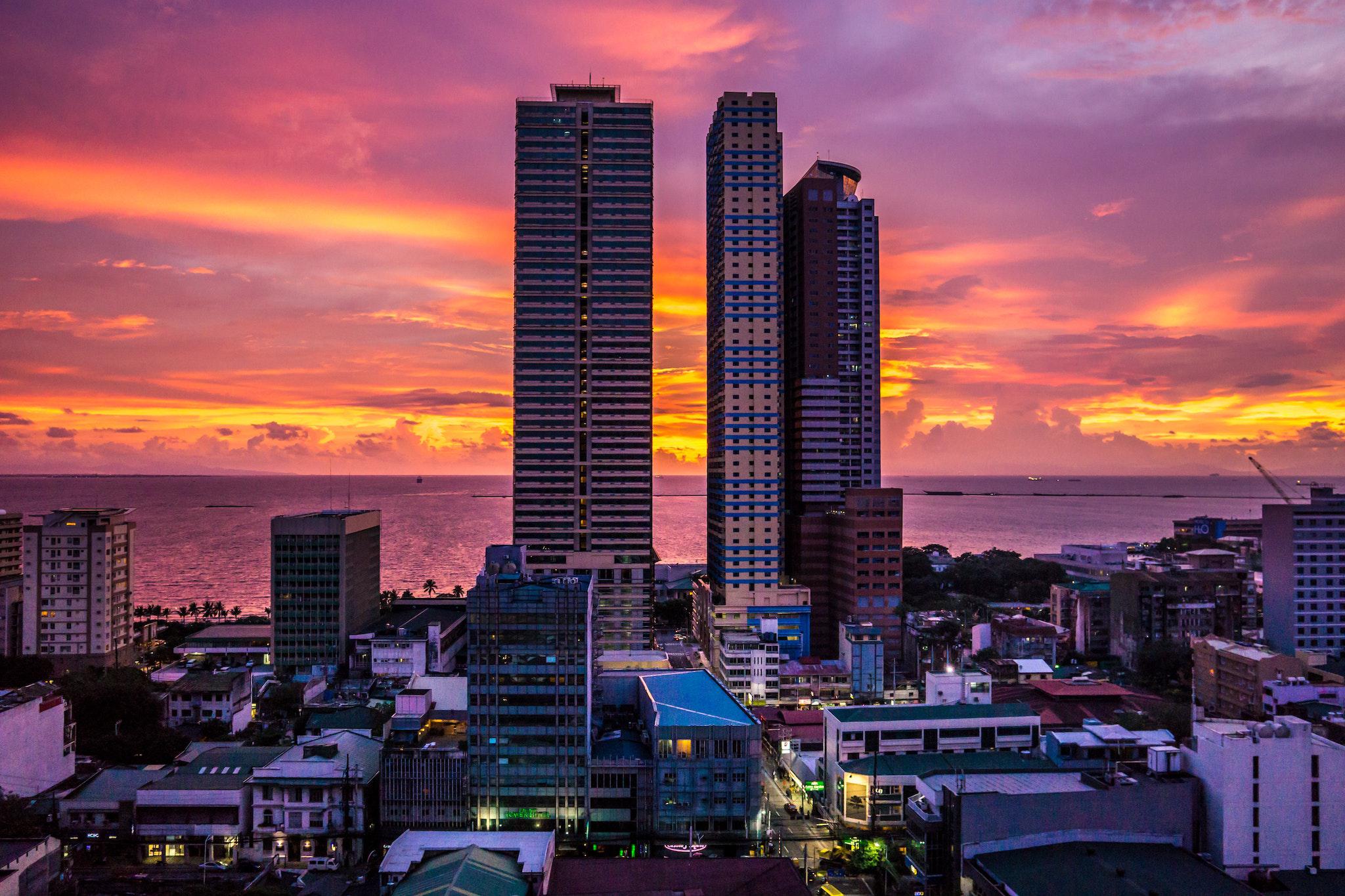Renting in Metro Manila - An Expat’s Experience
Ask any Manila native and they’ll be the first to tell you that living in the city isn’t ideal.
There’s always something wrong with a location, and unless you’re willing to shell out the big bucks for a fancy piece of property - it’s pretty likely that you’ll just have to adjust.
As an expat that’s been living on his own in the Philippines for quite some time now, there are a number of factors you’re gonna need to understand about renting in the capital city, some of which may even save your wallet.
Location, Location, Location
There’s no escaping it; the endless lines at the bus stop, the office workers packed like sardines into a bus - getting anywhere in Metro Manila is the very definition of commuter hell.
That’s why picking the right location to live is the most important factor when renting.
Pick somewhere near your place of work - or, if not possible, somewhere that the regular modes of public transportation often pass through. This could be the light rail transit system that runs through the heart of the city, or even the flashy and extremely affordable jeepneys.
Not only is this going to save you quite a bit of time, but many local businesses are also likely to crop up near these transport routes, as this is where most Filipinos are likely to be during the day. That’s a double benefit for an expat renter.
Condos, Subdivisions, Townhouses? What’s the Deal?
Okay - we get it, location is everything in Metro Manila. But once we’ve found the perfect place, what type of property should we be looking for?
Metro Manila is home to all sorts of domiciles. You’ve got the bed-spacer building with rent the price of a day’s salary in the US, or lavish condominium units that boast 24/7 security and a heated pool. This can make deciding on where to rent a little overwhelming. If we were to narrow it all down to a single factor, it would be that of security.
Whether you blend in like a local or you’re as foreign as they get - it is absolutely worth dropping a few extra dollars to ensure your own personal safety.
It’s best to steer clear of shanty town apartments or bed space lodgings, no matter how affordable they may be. Trust me, the risk just isn’t worth it.
Instead, the most advisable option would be to pick a gated townhouse in a quiet subdivision - or, if you’re flying solo, try a studio condo and enjoy all the benefits that come with it.
What are the Usual Rent Terms in Metro Manila?
You’ve scouted out a location, found the right type of property for you, and are now in the process of negotiating terms with a prospective landlord. How do you know they’re being fair?
Most of the time, the terms of a rental will equate to the risk of value that the landlord is facing.
This means that for safer renter prospects and higher cost living areas, the terms will often involve up to two months of rent in the form of a deposit, alongside advances and other caveats.
A safe bet is that your deposit is going to cost anywhere between two to three months of the cost of the property you’re planning to rent - alongside a finders fee, if you’re using a locator.
Just remember, if you’re new to Manila, chances are that someone is gonna try overcharging you - something that can be avoided by bringing along a friend who’s more used to the area. That, or play the numbers game and get a feel of the renting terms within a specific location.
Safety, Community and the Wealth Disparity
It’s no secret that location is everything when it comes to property - especially one that you’re planning to live on. This is all the more applicable in Manila, where being in the wrong place at the wrong time could spell trouble.
While the majority of Pinoys are friendly and perfectly safe to be around, poking your head around the more seedy areas can put you and yours in danger. This is why it’s vital to investigate what sort of community you’re planning to live in before signing that rent contract.
Generally, in most of the Philippines, closed subdivisions or areas closer to major barangay headquarters will be both safer and better cared for in terms of public service - though this will also come at a higher cost as well.
In Manila specifically though, these lines may seem to blur together. High rise condo buildings with 24/7 security will often be placed right next to shanty towns, never a more obvious example of the city’s massive wealth disparity.
A good rule of thumb is to investigate a prospective location by its news headlines - are there frequent mentions of violent crime? Do the local governing officials seem involved and humane in their media appearances? Are the public facilities in good shape?
Chances are, if two out of three of these questions are in a negative light; it's not a good place for an expat to live.
Even going by reputation alone, we can see that there are quite a few suitable choices, such as Bonifacio Global City or some parts of Mandaluyong. Picking the right location in Manila is pretty easy, once you get the basics down.
How Good is Good Enough?
As far as you can stretch your dollar in Manila, it’s important to remember that putting a little money aside for a rainy day is always a good thing. Not everything in your new home needs to be state of the art, but you also shouldn’t sacrifice comfort for a couple extra pesos.
Keep in mind that not everything in Metro Manila will be the same as in your home country - there will be plenty of properties without a shower, or those that will require drilling in order to get an internet cable in, for example.
Settle for the basics; semi-furnished locations with air conditioning and a water heater will help you survive the climate, and having an available internet jack can save you quite a bit of hassle as well.
If you don’t have a car, it’s also much better to avoid for-rent properties with private parking spots, as these will usually average a higher price.
It’s up to you to decide just how good is good enough when it comes to renting in Metro Manila, and just how high you want to keep your standard of living.

Commissioned Blog Article Written by Jamal Hamama
I am a freelance writer based in the Philippines, with a passion for living outside of the box and the written word.
